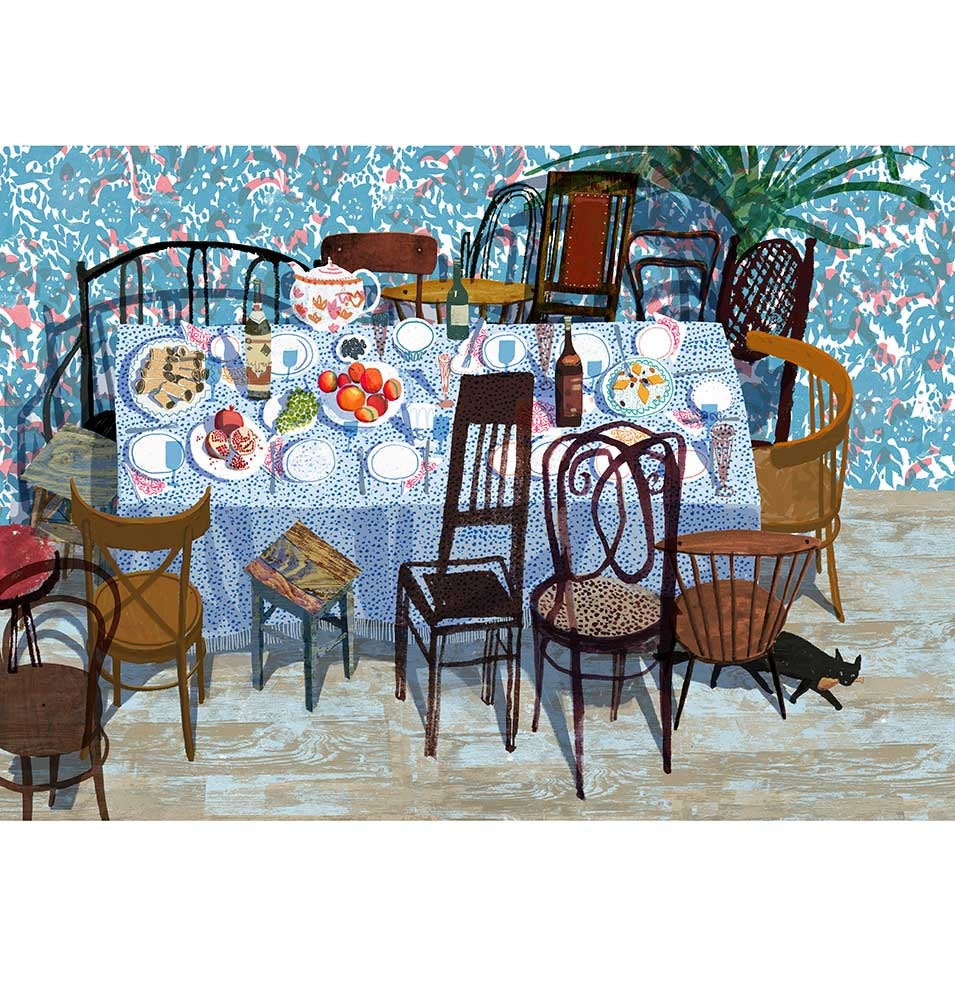I don’t know if this is a reality in all middle-class Indian families but in mine, the only heirlooms one could find were jewellery and cutlery. These heirlooms were not always accessible to me. They were kept in those secret lockers in the bank or locked compartments in old metallic wardrobes. As a child, I saw these heirlooms on very rare occasions when Maa was cleaning the wardrobe or entertaining some very important guests. Mostly I just observed the places where they were carefully hidden.
The old metallic wardrobe was in my grandparents’ house in Kolkata. It had a long mirror on one side and the door on the other. One had to put a key in, turn it once to the left and press down on the latch for the door to open. It would make a very creepy *keeeeeek* noise as if was screaming at you for disturbing its sleep and then you would be welcomed with the mothball scent that old things usually carry. I loved that smell. Sometimes I would put my head in and sniff the sari stack. It had this spicy silky smell that made my heart feel warm.
Maa would open her secret heirloom compartment only after dinner when all the doors were locked and the curtains were shut. She would retrieve a small key from under a heap of clothes in the back of the wardrobe and then unlock the little drawer that carried most of her gold ornaments. The jewellery was handed down to her by her mother who had received it from her mother and so on.
I think this ritual of jewellery giving from a mother to her daughter before her marriage is a silent act of empowerment. It’s like a tradition among women to give each other jewellery in case something happens later on in her new family life. I like to think of it as a little insurance that might allow them to say f*** off and leave. To leave obviously means to fail as a woman and all that log kya kahenge (what will people say) nonsense that everyone is always so worried about but it’s that little act of enabling an independent choice that I really like. I wish all wives get to use their f*** off – jewellery instead of keeping it locked up somewhere. Anyway, Maa has never shown that jewellery to anyone except me.
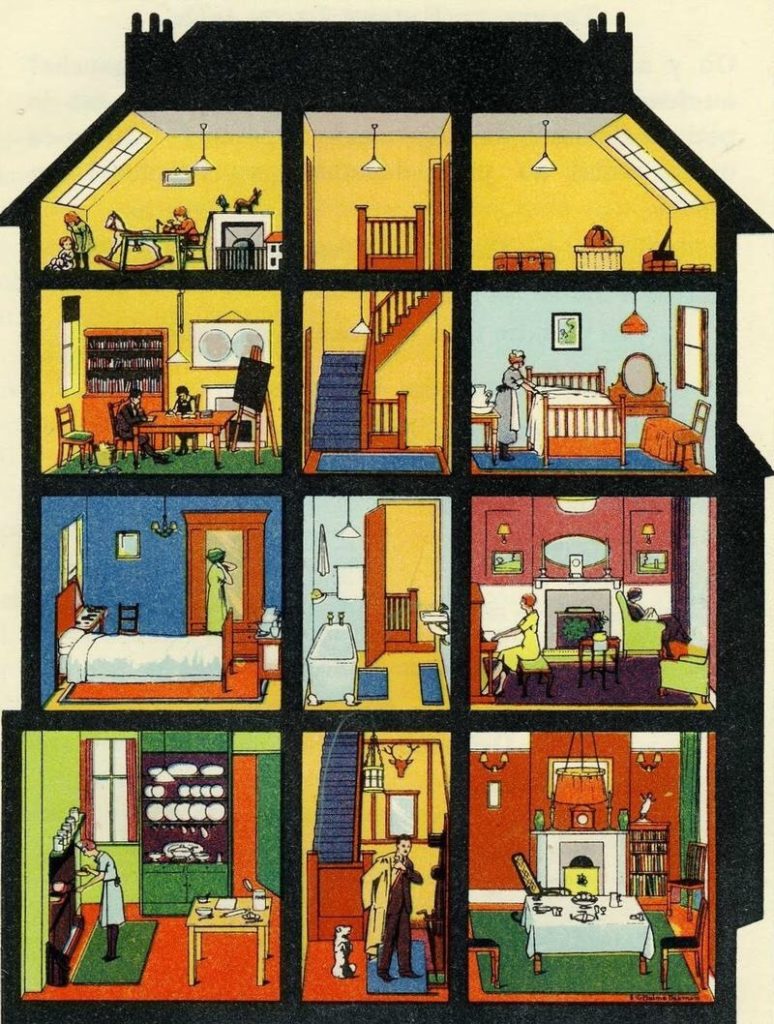
My mother’s cutlery is pure silver and this was given to her by in-laws as a wedding gift. The spoons, forks and knives are all kept inside those blue velvet jewellery boxes and that’s something very off-putting to me. Don’t you open a jewellery box expecting to find some extravagant ornament? But no, it’s just one giant spoon instead. How anticlimactic. Kind of like marriage itself no?
After we moved to Bangalore, these heirlooms travelled from the metallic wardrobe and were put into clammy bank lockers. We were no longer just middle-class but upper-middle-class, and according to my father, all his upper-middle-class Bengali friends were putting their gold in lockers. And so we aped.
My father strangely always copied what his other friends did. One day he told my mother that Santanu is putting his son in New Horizon Public School in Indiranagar and they should enroll me there as well. We lived in Koramangala at the time which was about 10 kilometers away from the school. Back then no one thought to question his decisions. His new friend Atanu started a side business, my dad did too. Then Pallob bought a penthouse and of course we had to move to a new place too.
I wonder what will be that one thing that will set the limit for him. A thing that he can’t copy anymore. Maybe he’d stop if his friend got a library membership.
Have you ever seen those dystopian films that show how a communist world would look like? Everyone wearing the same clothes, carrying some ID tags all the time and leading the same lifestyle? That’s how the inside of a bank locker room looks like to me. All tiny grey identical boxes closely stuffed next to each other. It’s so terribly depressing. Even the people there look sad. When I was young and had to be taken everywhere my parents went, I was subjected to this mundane torture.
My dad would get the key from some bank manager after giving them a secret code and my parents then would go into the room to check their precious objects. I would be told to stand guard outside just to make sure no one was peeking. So this was my interaction with the traditional heirlooms of the Mukherjee family. They’re all still lying in a locker somewhere.
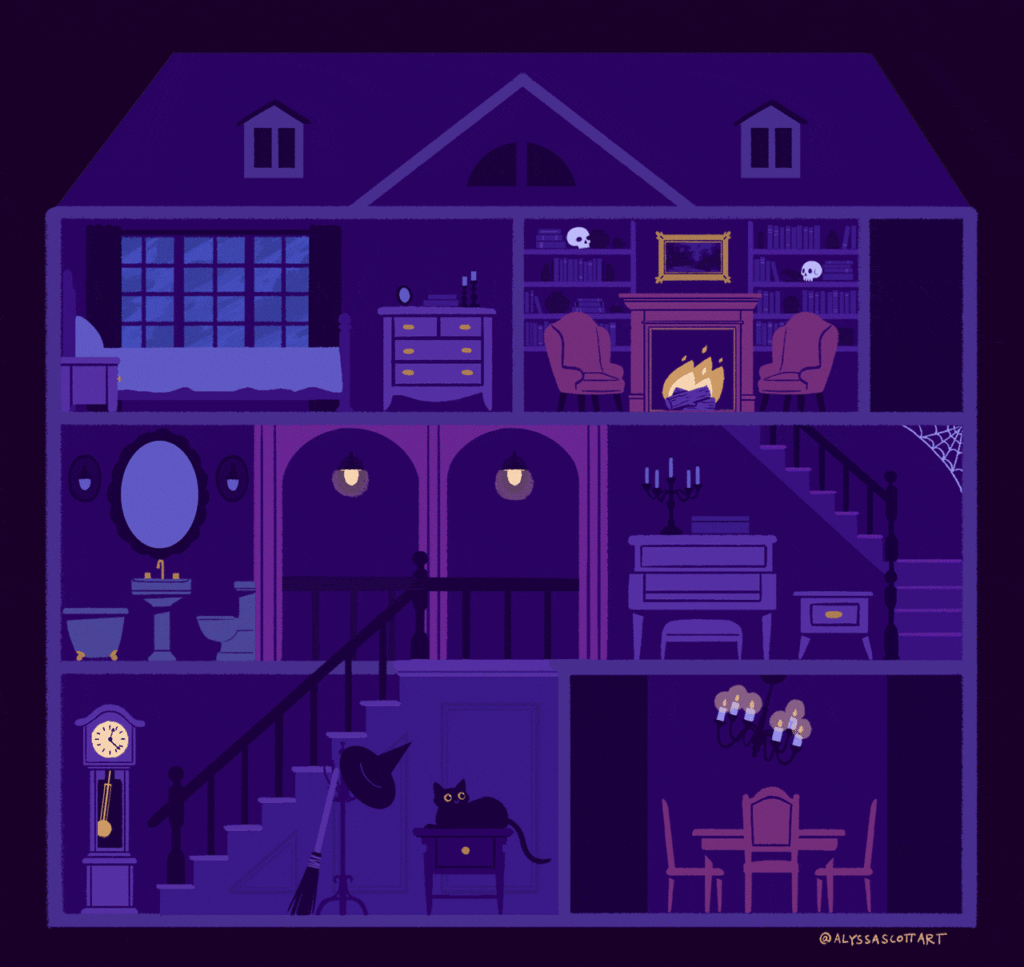
If heirlooms are things passed down in your family from one generation to the next, Maa says that I have my grandfather’s knee and my father’s brain. Her biggest regret is that I didn’t receive her nose which is tall and straight whereas mine is all round and blunt. My Dida (maternal grandmother) once said that my skin color isn’t fair enough to be associated with my mum’s side of the family so it must have come from my paternal side. I remember this very distinctly because it was so stupid and so trivial, but it made me feel worthless.
My great grandmother saw me for the first time after like 6 years and the only significant observation she made was, “Oh you’re much darker and skinnier than your mother. You look like a stick.” It’s interesting how your first encounters with anything deeply unpleasant starts with your family. I had never been body shamed before this. I didn’t know if I should even be angry at her. She was so old and we barely knew each other. I remember the tips of my ears turning red because she just kept going at me to the point where I had to fake a phone call and leave. What gave her the audacity? What gives anyone the audacity?
Maa wasn’t allowed to pursue her M.A. because she had to get married; because she had studied too much already and that wouldn’t make her a good wife. Her mother made sure that she was married off to a nice upper-caste Brahmin family in Kolkata because that would be the best for her in the long run. Two years ago when I met Dida, I told her I was not going to marry until I got a job and was financially stable. She became very silent for a while and then said, “All that is useless. You still have to quit your job once you marry.” So I told her I wouldn’t marry at all because I didn’t want to die unhappy. We haven’t spoken properly since then.
My father’s side of the family has their own set of heirlooms. They have women who were married off at a young age to extremely abusive men and who have since then worn their abuse as a badge of experience in all things marital. My two aunts will make lists about marriage, with cons outweighing the pros but the only pro you will need is “who will look after you when you get old?” and kids of course. Whenever I meet them they ask if I’m seeing anyone or when I’m going to marry. Why is that the only question that remains? Like an heirloom that sits in a corner collecting dust, so does this nosy curiosity. All conversations with my relatives ultimately lead back to this. I wonder why they care so much. Does my life look incomplete to them? Do I look unhappy or do they want me to be?
**
Oxford Dictionary says heirlooms are valuable objects. It’s weird because I don’t see objects inherently carrying any value, at least not the expensive ones that people tend to protect because otherwise they might get stolen. Maa rarely wears her gold jewellery outside because apparently people on the street might snatch them and run away. Dad has kept a very old fountain pen given to him by his great grandfather locked up somewhere. Why do we simply hoard and put it away, hoard and put it away if we’re never going to use them? My parents will say that it’s a form of security, that it’s for a rainy day. Do people just live in the fear of everything going wrong one day? I don’t think Maa wants to part with her ornaments though because she doesn’t know what I’ll do with them.
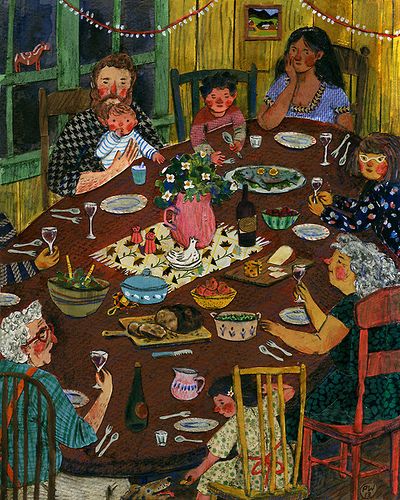
Some objects do carry value, like that old Jackie Collins novel with a lewd cover that I found one summer in my grandparents’ house. Surrounded by thick Bengali novels that I couldn’t read and magazines with the same picture of Durga in different colours, there were four Jackie Collins books tightly stacked next to each other. It was like finding something hidden in plain sight.
I wonder how I knew I was doing something I wasn’t supposed to be doing when I sneakily picked up one book and hid it under my frock. My dad and grandfather were out somewhere and Maa was in the kitchen. I was safe. I took the book to this little puja room we had which was also the servant’s quarter and sat right next to the door so I could hear if someone was coming. I finished reading all of them by the end of my vacations.
I developed the skill of bringing along one of those Bengali magazines and hiding my Jackie Collins between its pages. It was so easy to get away with it and the thrill was so addictive that my stomach would start rumbling with butterflies every time I took the books out and those butterflies flapped around until I kept them back and returned to the living room. I don’t know how long I spent in the puja room reading. I don’t even remember the stories anymore. Time and reality ceased to exist once I got my hands on the book.
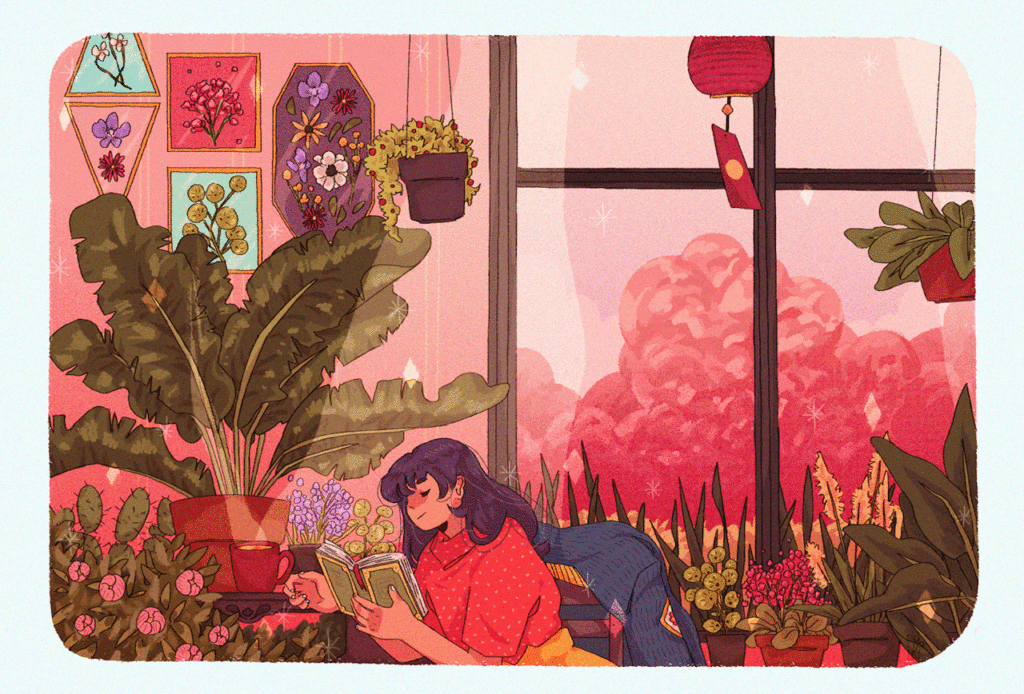
Jackie Collins was the first of many. Unlike most family heirlooms, what I carried with me were stories and hiding places. Being an only child, I was used to spending time alone and was comfortable with silences. The downside was that I was dragged to every function, every visit to a relative’s place or for errands.
My parents didn’t leave me alone outside when I was younger and so I escaped. In my Dida’s house, I would escape to an old room on the third floor that no one went to because it’s where they kept old things. I loved that room because it was always dark and cold. If I opened the windows a little, I could see little boys playing cricket outside and their laughter would filter in. I finished my entire collection of Magic Tree House there. I went on all kinds of adventures and faced many trials until it was time for lunch.
My getaways were always temporary. Imaginary escapades were meant to be destroyed by the shrill voice of Maa or Dida shouting from somewhere far away and dragging me again back to reality. Perhaps all children are like that. Heirlooms are always hidden away from us because we might break them. They belong to the world of the adults. And so children find other ways to break rules and we find our own heirlooms that we can hide away somewhere. They belong entirely to us.
Featured Image by VictoriaSemykina via pinterest
Dipannita Mukherjee
Latest posts by Dipannita Mukherjee (see all)
- Telltale metallic wardrobes and other family heirlooms - 28th October 2019
- E for egg - 19th January 2019
- Kathas Rewind - 28th September 2018
